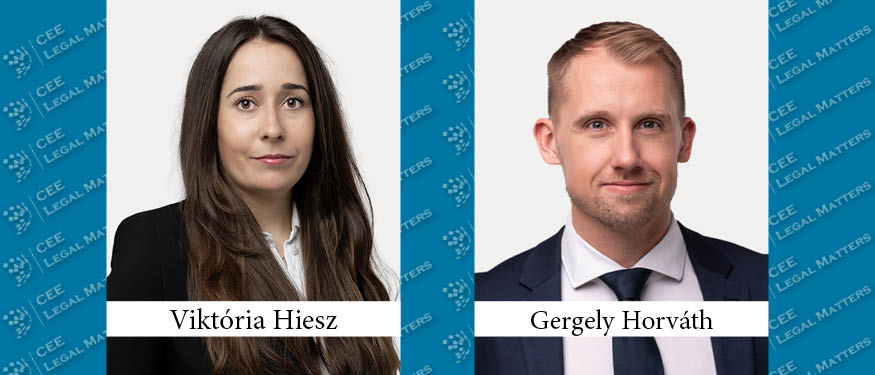Struggling with high inflation, tough questions are being asked of the Austrian M&A market lately, and the government responded by planning a new, more flexible corporate form with reduced capital requirements, according to Graf Patsch Taucher Partner Bernd Taucher.
“Inflation, exceeding 8%, has severely affected Austria after the pandemic and the start of the war last year,” Taucher begins. “It has led to a decrease in purchasing power, causing prices to rise, and the unions are pressuring businesses for wage increases, further impacting the stability of the economy.” According to him, Austria's current inflation rate, projected to be around 4% in the coming years, significantly exceeds the European Central Bank's target of 2%.
“High inflation makes it difficult for businesses to accurately value companies, particularly in the M&A market,” Taucher continues. “Fluctuating prices and reduced purchasing power create uncertainty, making it challenging to assess the true worth of companies. In addition, the banks are more reluctant to finance transactions, leading to increased financing costs. This reluctance stems from the volatile economic environment and the risks associated with fluctuating prices and reduced purchasing power,” he explains.
And transactional activity has been affected as well. “While the number of transactions in 2022 was comparable to 2021, the volume of transactions decreased. Uncertainty surrounding valuations and financing costs has led to caution among investors, resulting in a more reserved transactional environment,” Taucher says. “Investors have become more cautious and this cautious behavior is reflected in the market’s transactional activity as well. Although some sectors may experience an increase in transactions in the coming months, the overall unpredictability makes it difficult to accurately forecast market behavior,” he notes.
Taucher further reports that “ESG considerations have become increasingly important in transactional decision-making. Investment funds prioritize investments that align with ESG principles, as there are growing concerns about greenwashing,” he says. “Clients are seeking ESG-first investments, reflecting a shift towards sustainable and socially responsible business practices.” According to him, “it is crucial for businesses to adopt transparent and authentic ESG practices to attract investors and stay competitive. As ESG considerations gain prominence, investors prioritize investments that embrace a more aware approach, which can provide businesses with a significant competitive advantage in the market.”
As an example, Taucher says “the CEO of MAN recently indicated that their company aims to have between 30% and 50% of the fleet be electric by 2030. It is great to finally see the market be so cognizant of the threat of climate change – there is a lot of potential in the market to enact positive changes,” he posits.
Finally, Taucher reports “the government is lowering the capital requirement for establishing an LLC by more than two-thirds and is introducing a new form of incorporation that will make it easier and more tax-efficient for employees to participate. This is intended as a targeted incentive for founding and managing start-ups in Austria,” he says. Additionally, the government plans to decrease the minimum income tax from EUR 1,750 to EUR 500 per year. Taucher believes the new corporate form will make it easier for start-ups to establish flexible companies and enable employees to participate in their shareholding. “Most of the provisions are currently under review and have not been decided on in parliament. However, it is anticipated that they will be implemented in the coming months, possibly before the summer recess,” he notes.

















